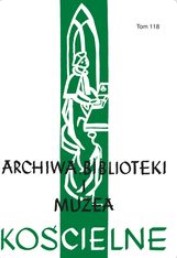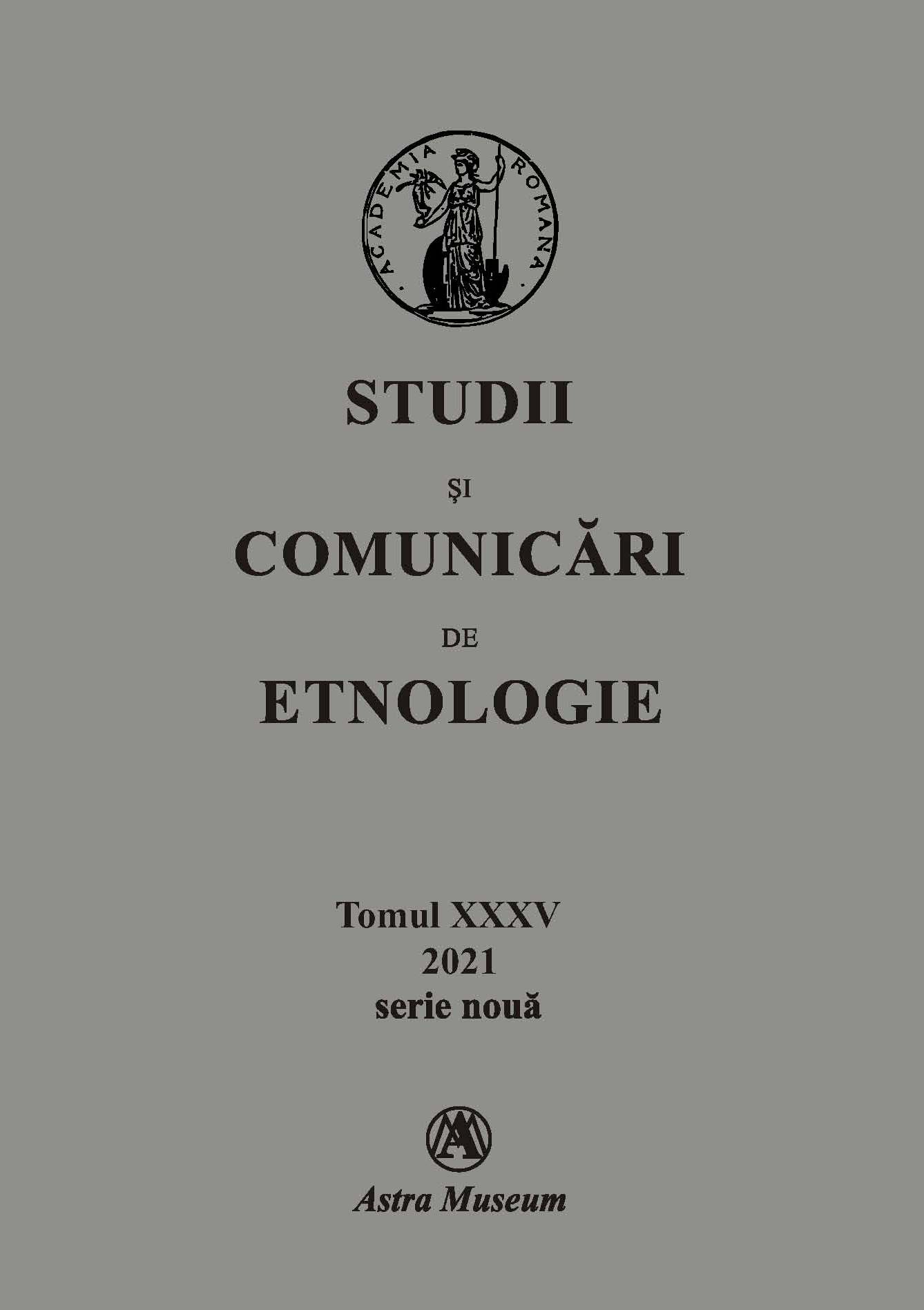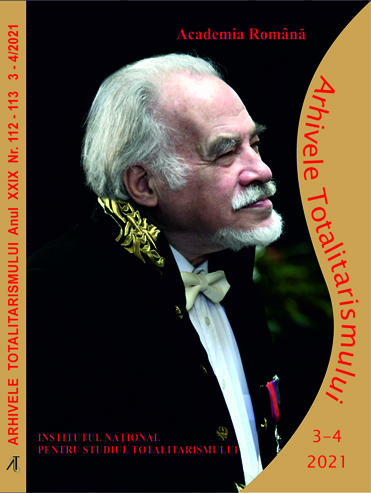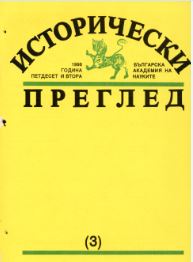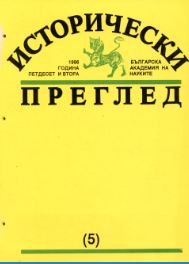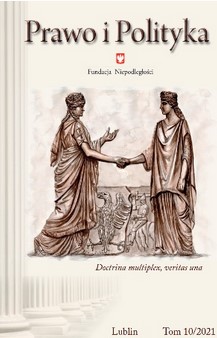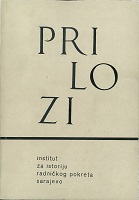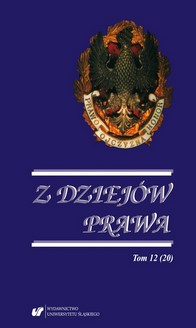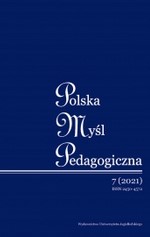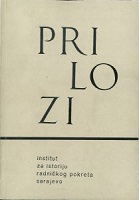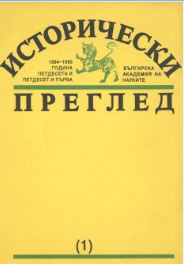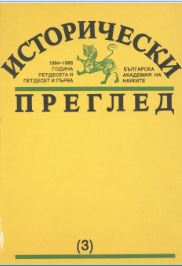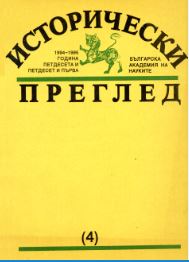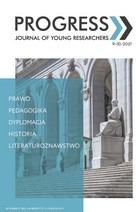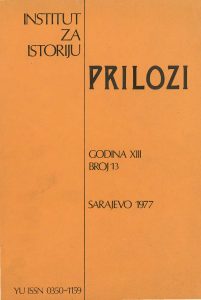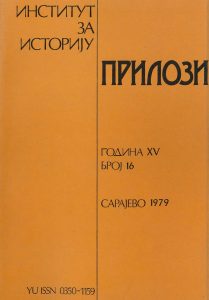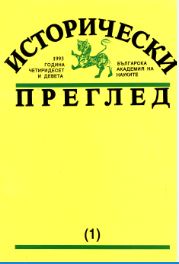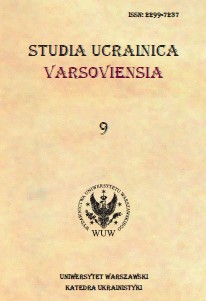
„Stracone pokolenie” i kryzys tożsamości ukraińskich dipisów w powieści Enej ta žyttia inšyh Jurija Kosača
Yurii Kosach Poet, writer, and dramatist; nephew of Lesia Ukrainka; grandson of Olena Pchilka. After graduating from the Academic Gymnasium of Lviv, Kosach studied law at Warsaw University. He began publishing short stories in student newspapers in 1927. Between 1928 and 1929 he published most of his works in the nationalist journal Literaturno-naukovyi vistnyk edited by Dmytro Dontsov after he had broken off his relations with Dontsov in 1929. After the war he lived in displaced persons camps in Germany and was an active member of the writers’ organization MUR. In 1949 he immigrated to the United States. By far the largest and most interesting body of work is Kosach’s prose, written prior to his emigration to the United States and then in the last decade of his life, first of all Enei ta zhyttia inshykh (Aeneas and the Lives of Others, 1947) where he argued the issues of new Ukrainian culture with so called “lost generation”.
More...
